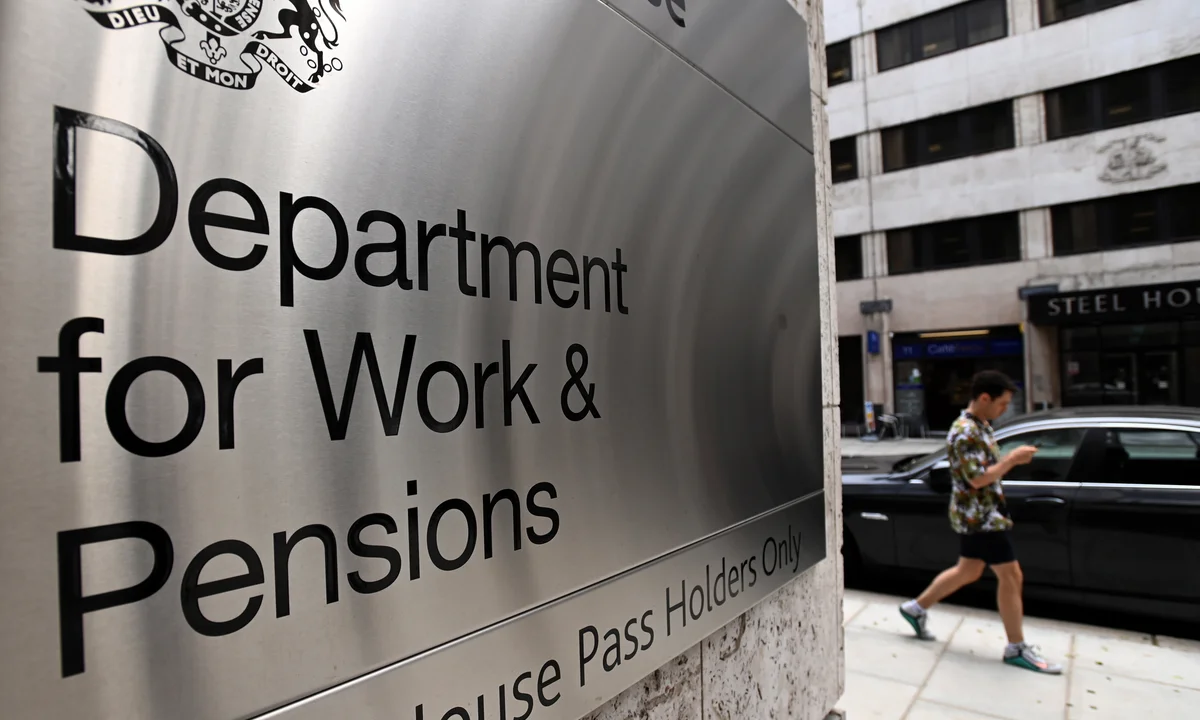A major breakthrough has given the Women Against State Pension Inequality (Waspi) campaign a stronger footing in their legal challenge against the UK Government. The group, representing around 3.6 million women born in the 1950s, has obtained a High Court cost-capping order that will limit their financial liability if they lose the case. Under the order, Waspi’s liability is capped at £60,000, significantly reducing the risk of financial ruin.
This legal safeguard comes as Waspi prepares to take Labour ministers to court for rejecting compensation, despite the Parliamentary Ombudsman’s findings that the Government failed to adequately inform women of changes to the state pension age. Many of these women had expected to retire at 60, only to discover they would need to wait five or six years longer.
Fundraising Efforts Continue to Meet Legal Costs
To finance the judicial review, Waspi is relying on public donations. So far, the group has raised over £220,000, with an overall goal of £270,000. The funds will go toward legal expenses and fees charged by their solicitors, Bindmans LLP. The cost-capping decision has boosted the campaign’s morale, but leaders emphasize that additional public support is still essential to meet the funding target.
Angela Madden, chair of the campaign, described the Government’s initial resistance to cost-capping as a serious threat to the group’s survival. She noted that, without the cap, potential legal costs could have bankrupted the campaign, effectively silencing them. She expressed relief over the court’s decision and gratitude for the continued public backing.
Past Legal Challenges Set a Precedent

Waspi has pursued legal action before, most notably in 2023 when the group raised £120,000 to challenge the findings of the Parliamentary and Health Service Ombudsman (PHSO). The ombudsman had initially ruled that women had not experienced financial harm from the pension age hike. However, following the judicial review, the PHSO reversed its position and acknowledged flawed assessments in its report.
The revised findings concluded that the Department for Work and Pensions (DWP) had committed “maladministration” by failing to properly notify affected women about the pension age changes. This acknowledgment led to a recommendation for compensation ranging from £1,000 to £2,950 per woman, which the Labour Government later declined to implement.
Earlier Pension Cases Provide Mixed Results
While Waspi has experienced some legal victories, not all court actions in this area have been successful. A separate campaign group, Back to 60, previously took legal action over similar issues in 2019. That case was dismissed by the High Court, which ruled that the state pension age increase did not constitute discrimination against women.
Nonetheless, Waspi hopes their current legal strategy focused on the reasonableness of the Government’s decision-making will yield a different outcome. Madden emphasized that the case does not seek to compel compensation directly but aims to establish that ministers acted unlawfully in denying restitution.
High Stakes Surround Upcoming Legal Decision
Despite the limitations of the court’s powers, a ruling in favor of Waspi could generate political momentum. Campaign leaders believe that a court declaration of unlawful conduct could pressure lawmakers to revisit the issue and possibly vote on a formal compensation plan. Angela Madden is optimistic, stating that they “fully believe” in their chances of success and are calling on MPs from all parties to support justice for Waspi women.
The current Work and Pensions Secretary, Liz Kendall, has argued that the £10.5 billion compensation bill recommended by the PHSO would be neither fair nor proportionate to taxpayers. Nevertheless, Waspi’s legal team contends that the Government’s reasoning is both flawed and unlawful.
Public and Political Support Key to Outcome
The Waspi campaign continues to receive strong public backing, not just from those directly affected but also from broader society. This groundswell of support has been vital in sustaining the movement and financing legal battles. Madden noted the generosity of supporters, stating that the injustice has resonated well beyond the women impacted.
If the High Court rules in Waspi’s favor, the judgment could serve as a turning point. While the judiciary cannot mandate compensation, a favorable verdict could open the door for renewed parliamentary debate and potentially a binding vote.
Government Maintains Silence Amid Ongoing Litigation
A spokesperson from the Department for Work and Pensions declined to comment on the ongoing case but reiterated the department’s disagreement with the ombudsman’s recommendations. According to the spokesperson, the DWP disputes the PHSO’s interpretation of both injustice and remedy, which underpins its decision not to offer any compensation.
As the case moves forward, all eyes will be on the High Court to see whether it agrees with Waspi’s legal arguments. Regardless of the outcome, the campaign has already brought national attention to the broader issue of state pension reform and the communication failures that have affected millions of women across the UK.

